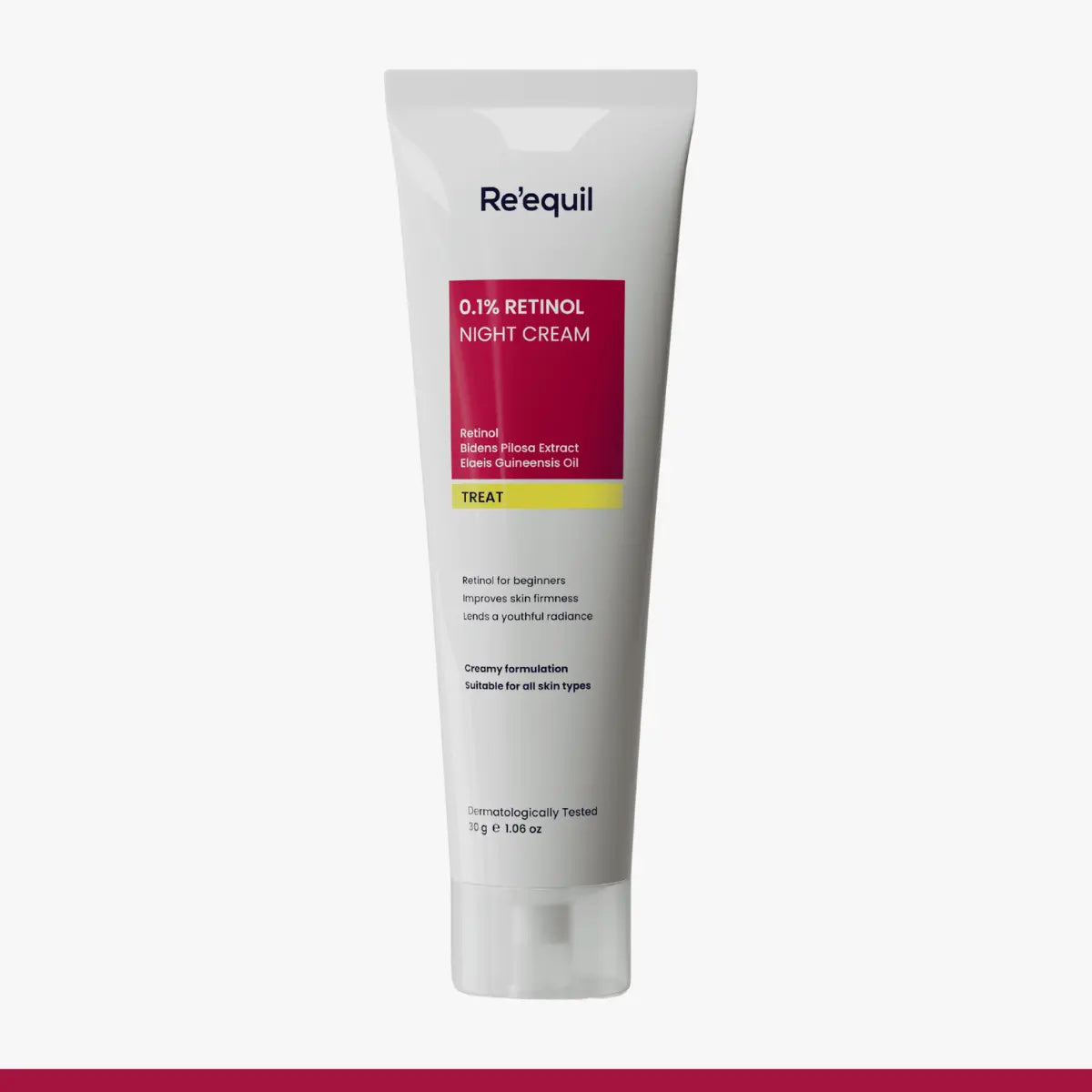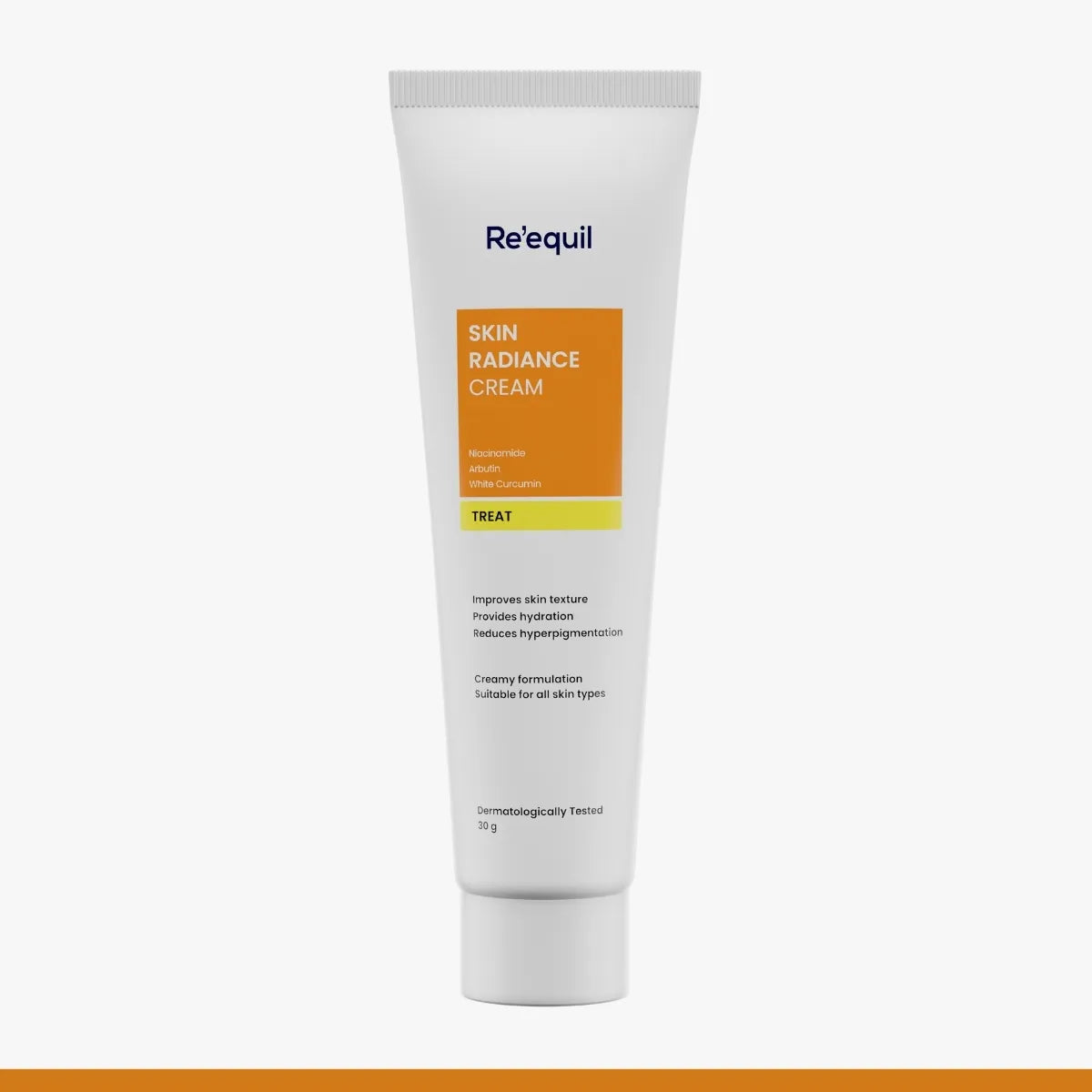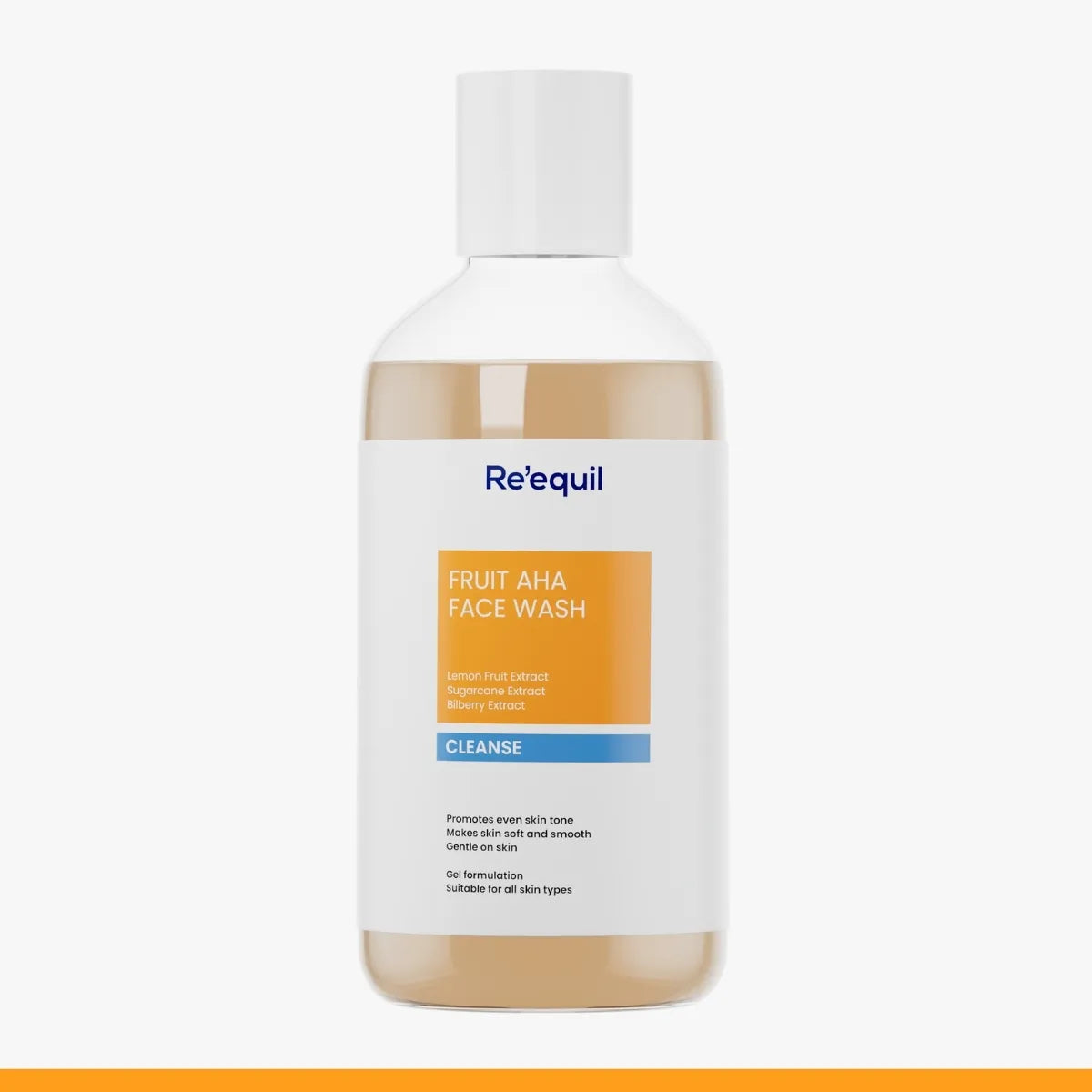One of my college professors taught me something that stays with me to this day.
He said, “If a person tells you there’s a fire next door and the other tells you the roof fell, you don’t believe both. Your responsibility is to peer through the windows and know the truth.”
Now, how many of us have researched before silently cutting down on sugar and embracing artificial sweeteners?
We know sugar’s bad for health, yet are artificial sweeteners any better?
Let’s find out the truth!
Sugar is a culprit…
…at least in the court of public opinion. We know it's bad for our waistlines, our hearts, our teeth.
However, the place where sugar does the most visible damage is our skin.
When we eat too much sugar, a process called glycation kicks in. Think of it as sugar attaching to our collagen and elastin, weakening and discolouring the skin over time. That’s why high-sugar diets can make skin age faster.
Naturally, people began looking for a workaround—something sweet, but without sugar’s damage.
That’s where artificial sweeteners come in.
Now the question is whether they are simply trading one type of skin damage for another?
Sugar causes glycation; artificial sweeteners don’t. That’s clear!
In fact, a 2020 lab study published in the National Institutes of Health (NIH) confirms that artificial sweeteners such as aspartame, sucralose, and saccharin don't damage collagen structure. The fibres remain organised and functional, and they also prevent wrinkles.
However, that’s where it gets tricky.
When intense sweetness hits our tongue, our taste receptors get activated. These receptors trigger insulin release, signalling our system to handle incoming sugar.
Except the sugar never arrives.
Doing this repeatedly develops insulin resistance. Our cells stop responding to insulin efficiently, leading to acne through the same inflammatory pathways that sugar activates.
A cross-sectional study conducted on type-2 diabetes patients found that people consuming artificial sweeteners regularly show significantly higher insulin resistance, with effects increasing the longer they use them.
We are preventing wrinkles, but still fueling breakouts through a different door.
The good news? Better options do exist.
If you really need a sweetener, consider sugar alcohols like erythritol and xylitol.
Erythritol is neutral. It doesn't spike blood sugar, doesn't trigger insulin, and passes through largely unchanged. It’s the safest choice for people with inflammatory skin conditions.
Xylitol goes a step further. Initial studies on animals found that it increased collagen synthesis and protected against glycation damage. These findings need human confirmation, but the early signals are promising.
“Reduce your craving for intense sweetness altogether.”
I don’t say this. The World Health Organization (WHO) does.
They now recommend against long-term use of artificial sweeteners and emphasise that finding the perfect substitute isn’t the ideal strategy.
The strategy is to retrain our palates, learn to appreciate the natural sweetness in fruit, find satisfaction in less-sweetened food, and slowly break the cycle of sugar craving.
I know it’s not as easy as it sounds, but in the long run, your skin and your overall health will thank you for it.




